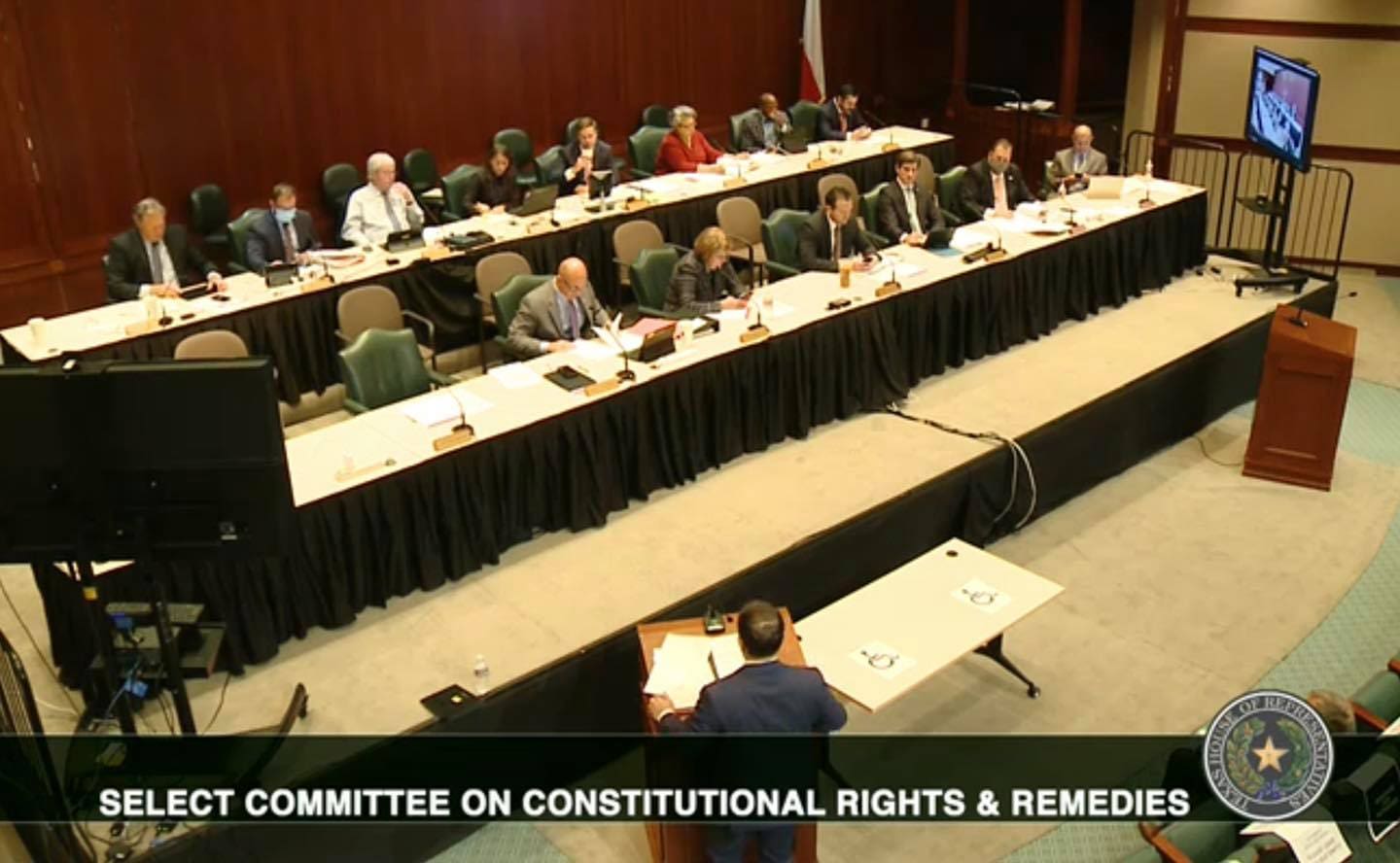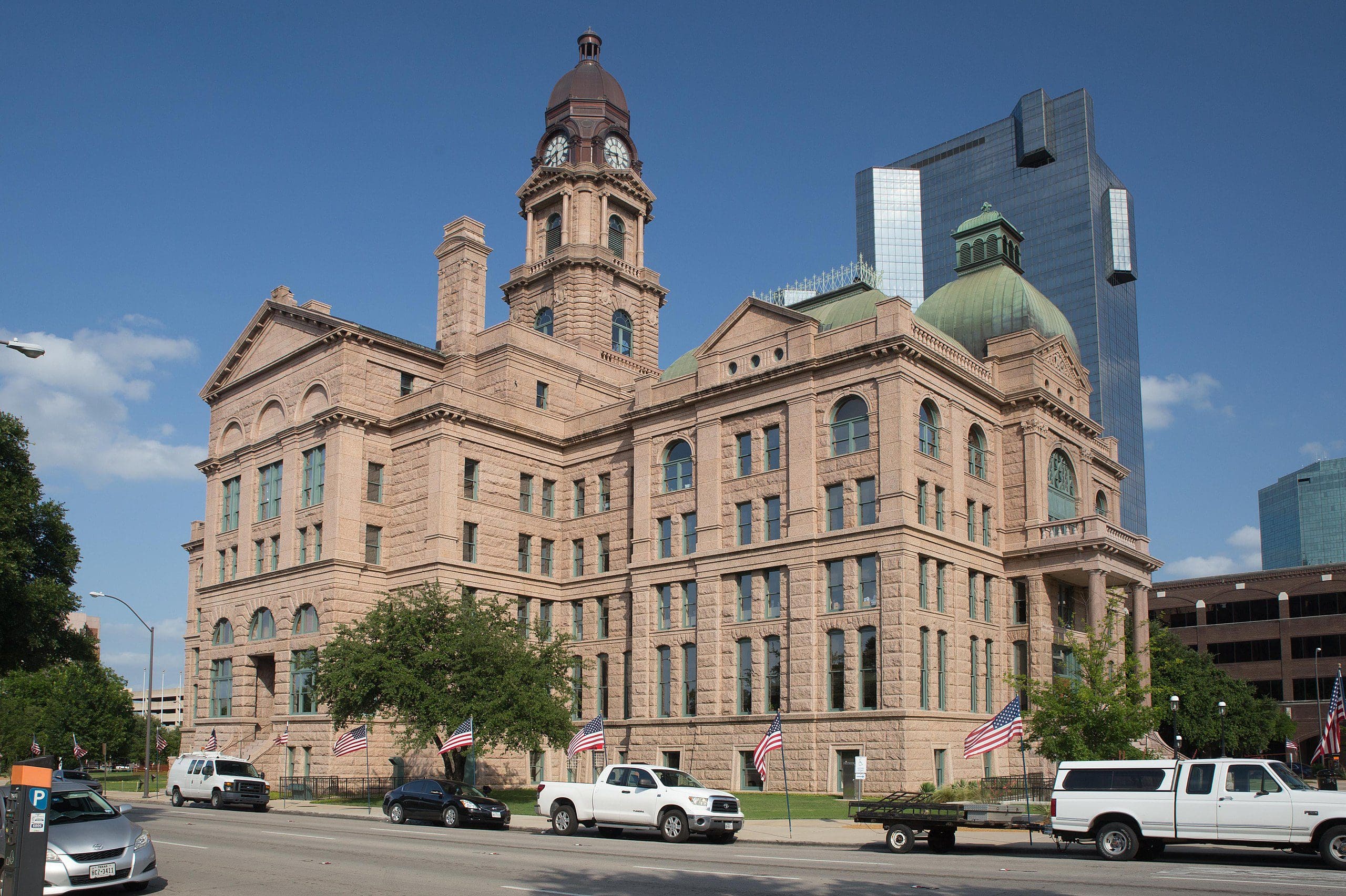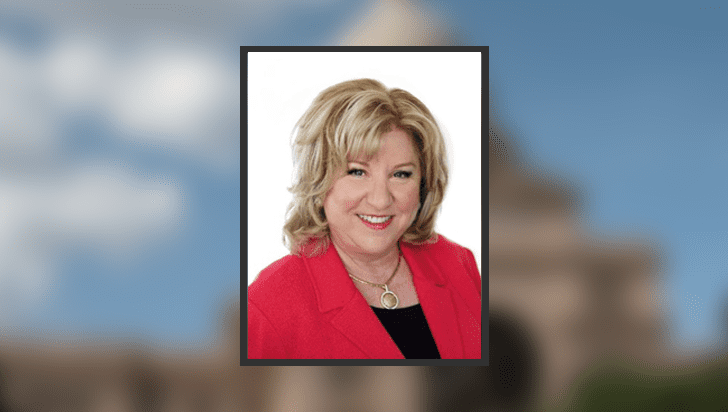With enough Democrats finally present to conduct business, Texas House lawmakers will once again consider comprehensive election reform legislation—a top priority for Republicans that Democrats have actively opposed all year.
The controversial election integrity measure known as Senate Bill 1 is scheduled for consideration by the full House on Thursday.
In a public hearing Monday, House Republicans advanced their own version of the bill out of committee.
Repeating a maneuver from the regular session, House committee members swapped their major election integrity bill for a similar bill already passed by the Senate, replacing the contents of Senate Bill 1 with the language in House Bill 3.
House Bill 3 author State Rep. Andrew Murr (R–Junction) said the committee substitute of SB 1 approved Monday by the House Select Committee on Constitutional Rights and Remedies is “identical” to the version of HB 3 heard in a 14-hour hearing during the first special session.
“We’re picking up right where we left off,” Murr said, noting that all the prior testimony is part of the public record on the bill.
But HB 3 is not identical to the version of SB 1 passed by the Senate last week.
Those differences will have to be reconciled before a final bill can be approved by the Legislature and sent to the governor.
The bill swap also created some confusion among citizens who showed up to testify on SB 1.
Multiple election integrity advocates told House members they want the Senate bill’s stronger penalties for election officials who unlawfully exclude poll watchers, a problem experienced by watchers across the state, according to testimony Monday and in previous hearings.
In the Senate bill, the offense is a Class A misdemeanor, the same as the current penalty for officials who obstruct watchers inside the polls. The House version makes the offense a less serious, Class B misdemeanor—a low priority for overworked prosecutors, according to one witness.
Democrats continued to oppose any expansion of poll watcher protections, and downplayed existing rules limiting poll watchers’ actions and allowing election judges to remove them for cause.
“The emphasis when we train poll watchers is to observe election workers, not voters,” said Kenneth Moore, who helps train Republican watchers in Brazoria County. “If a poll watcher is not doing that, they need to be removed.”
Disability rights advocates also testified Monday, as they have multiple times throughout the year. They asked the House to include accommodations for disabled voters that were added to the Senate bill during deliberations.
Chase Bearden, with the Coalition of Texans With Disabilities, noted disabled veterans are among the voters helped by the Senate’s amendments.
“We should not be disenfranchising any voters, especially veterans,” said State Rep. James White (R–Hillister).
Colleen Vera, an election integrity advocate from Harris County, brought evidence of fraudulent mail ballot applications submitted in the names of voters in the district of State Rep. Senfronia Thompson (D–Houston). Thompson is the committee vice chair and was among Democrats who walked off the job in July and lobbied in D.C. against election integrity reforms like voter ID.
Vera noted the applications from both live and long-dead voters all had the same handwriting, and living voters confirmed the signatures weren’t theirs.
“That’s why voter ID is needed [for mail-in ballots], to stop vote harvesters,” she said.
“This is incredible. This is powerful,” State Rep. J.M. Lozano (R–Kingsville) told Vera.
Voting hours and locations also continued to be a hot topic.
Democrats insist that temporary voting rules made up to accommodate COVID—namely, drive-thru voting and 24-hour voting—should be made permanent, and that provisions limiting those procedures constitute new restrictions on voting.
Murr said he disagreed the voting procedures were “being taken away,” adding they had never been tried and weren’t contemplated by the election code. The procedures were implemented in 2020 by a Texas Democrat Party official serving as Harris County’s top election officer at the time.
For the most part, testimony was less contentious than in previous public hearings in the House and Senate, and most witnesses covered familiar ground.
Monday’s hearing marked three times House members have heard from Texans on Republicans’ top-priority election integrity reforms, but they’ve been unable to close the deal so far.
During the 140-day regular legislative session, Republicans struggled to agree on a compromise measure, and Democrats were allowed to leave the House in the final hours of the session to stop a final vote and kill the bill.
Days into the first special session in July, more than 50 House Democrats fled to D.C. to block a vote on any election integrity legislation.
Senators have also held long and lively public hearings before passing each of their three versions of election integrity reform, but none of their bills have received hearings in the House.
The substitute SB 1 (with HB 3 language) is scheduled for a preliminary vote by the full House on Thursday morning and may be amended.
During the regular session, House debate on the election integrity bill was heated, but State Rep. Jared Patterson (R–Frisco) tweeted earlier this month about a Democrat in D.C. that this time, House members were not “going to sit idly by while you and your friends stand on the mic for four hours and call us racist just because it helps you back home.”
If it passes a final House vote, the bill goes to a conference committee of House and Senate members to reconcile the two versions into a final bill that must be approved by both chambers.
But the clock is once again ticking on comprehensive election integrity reform. The current 30-day special session ends on September 5.
Resources to help citizens participate in the legislative process are available at Texas Legislature Online. Contact information for state lawmakers is online at Texas Directory.





